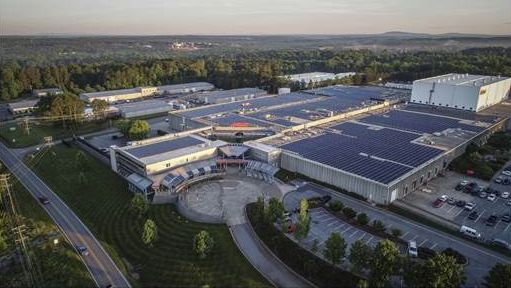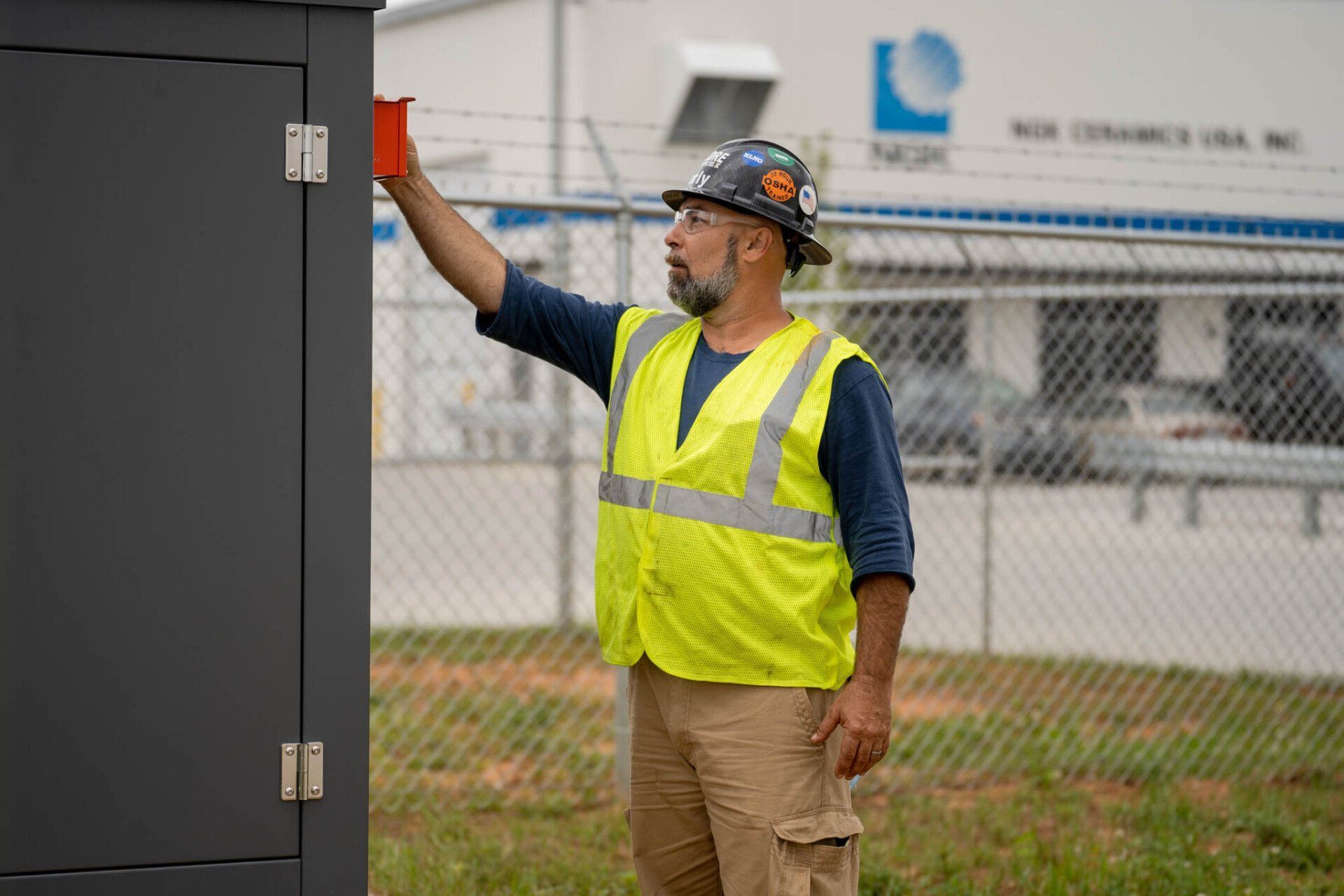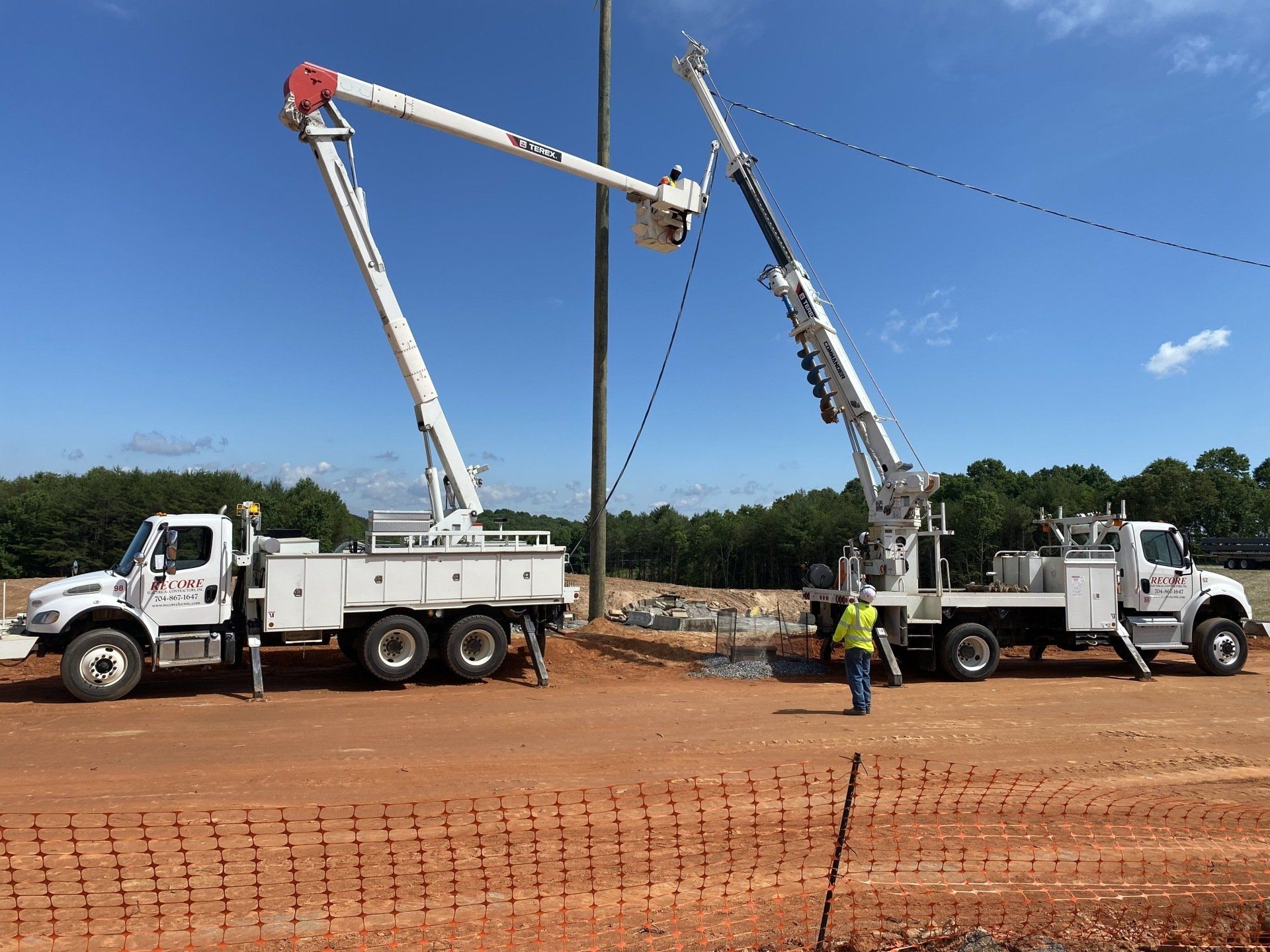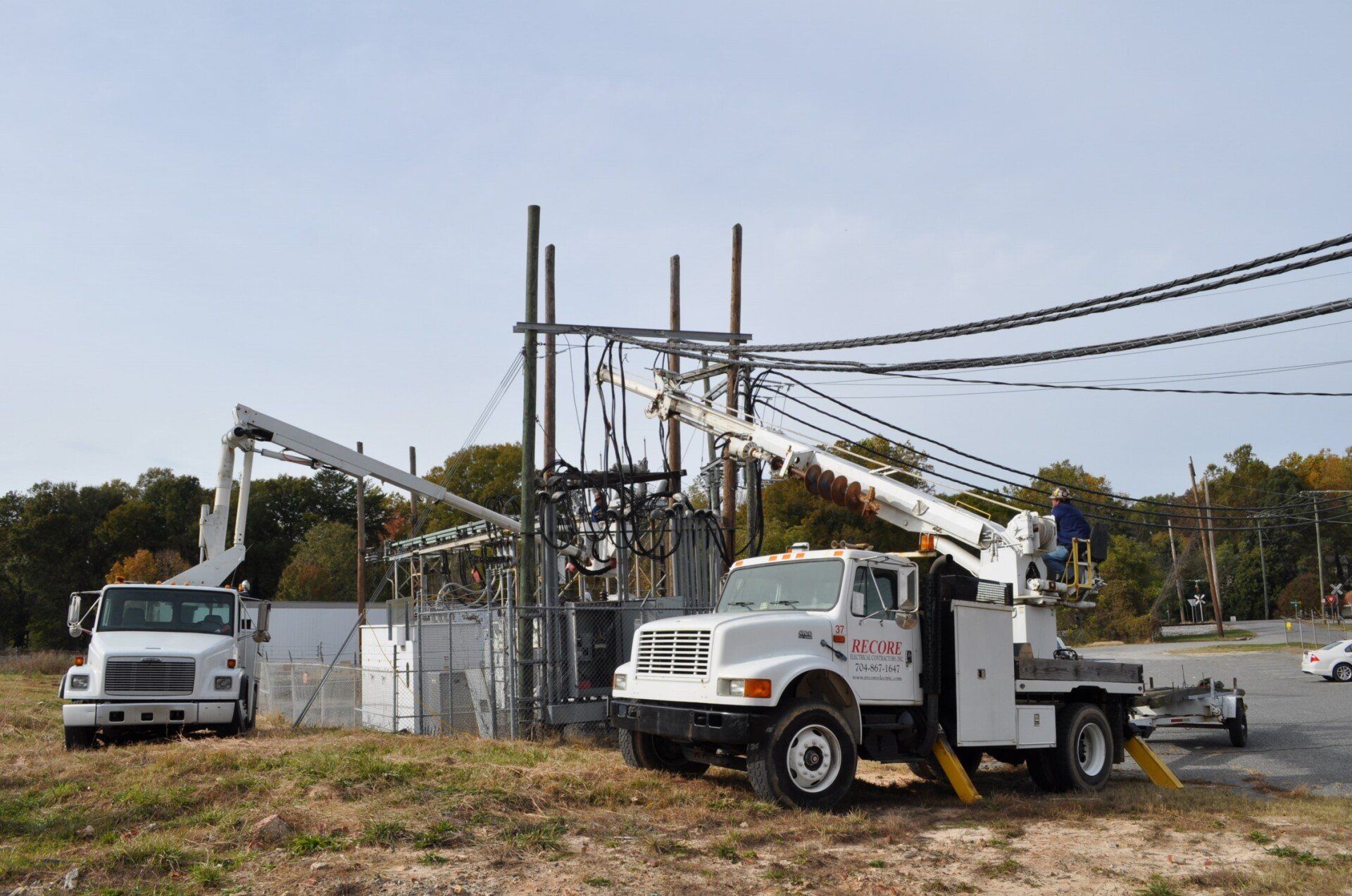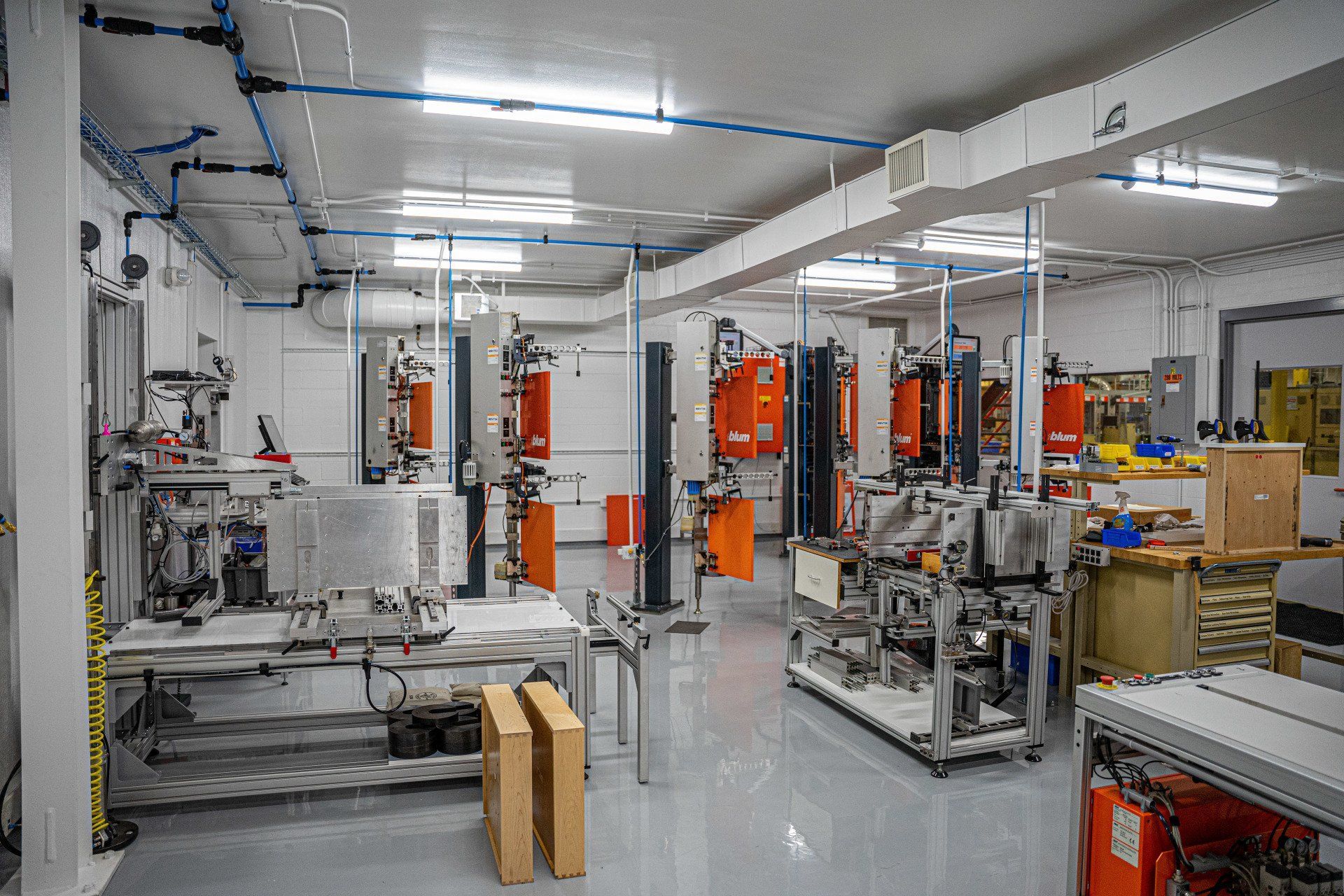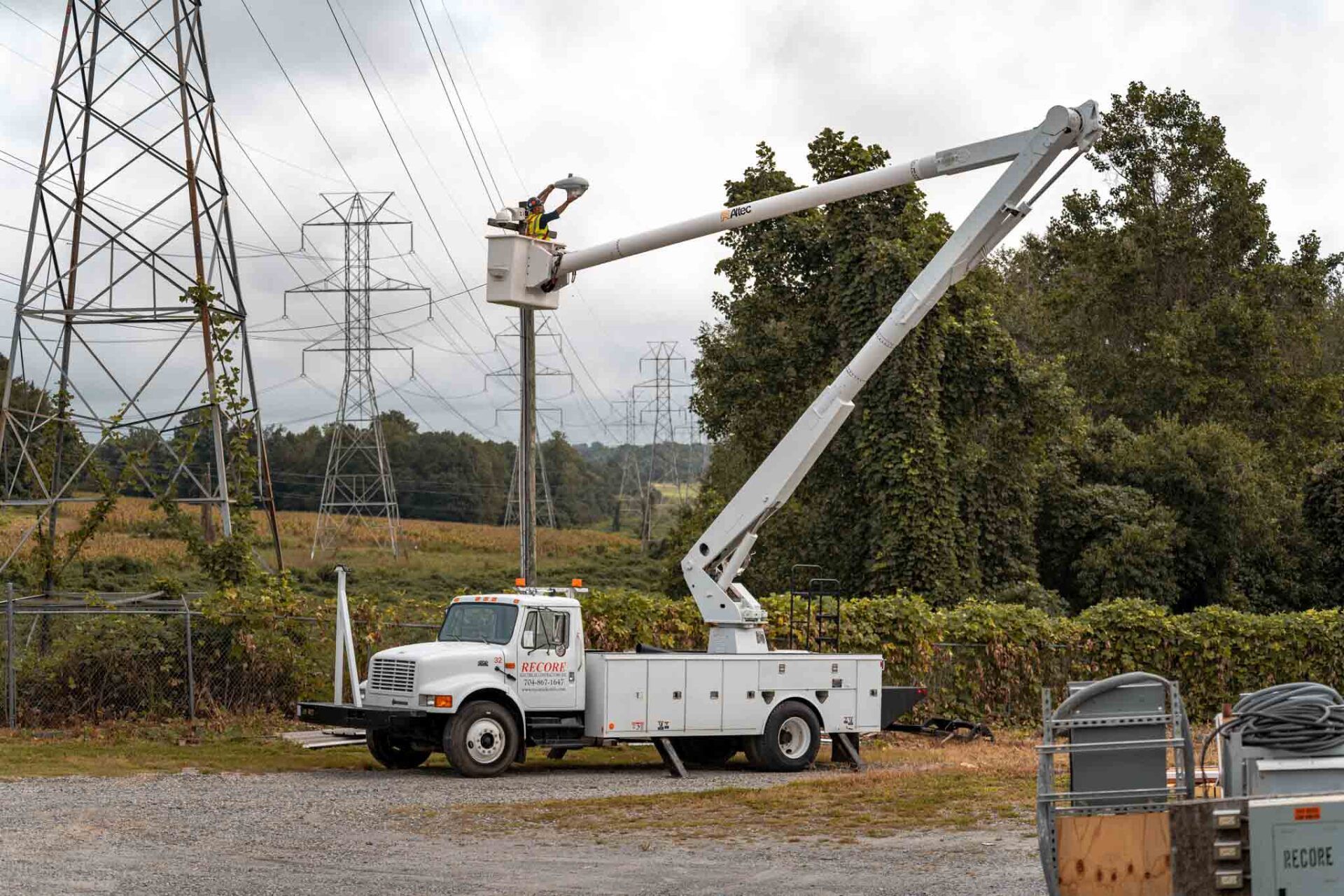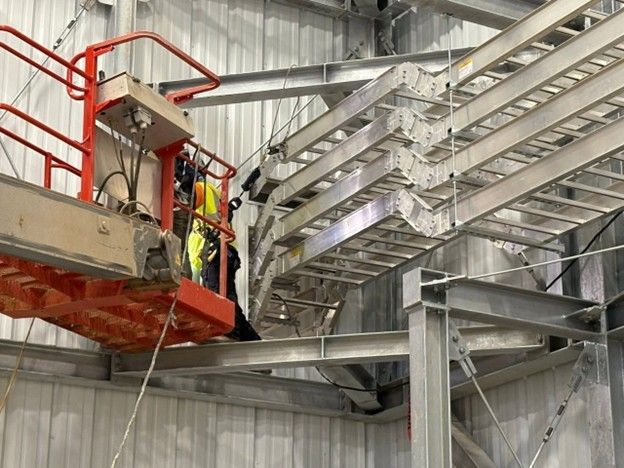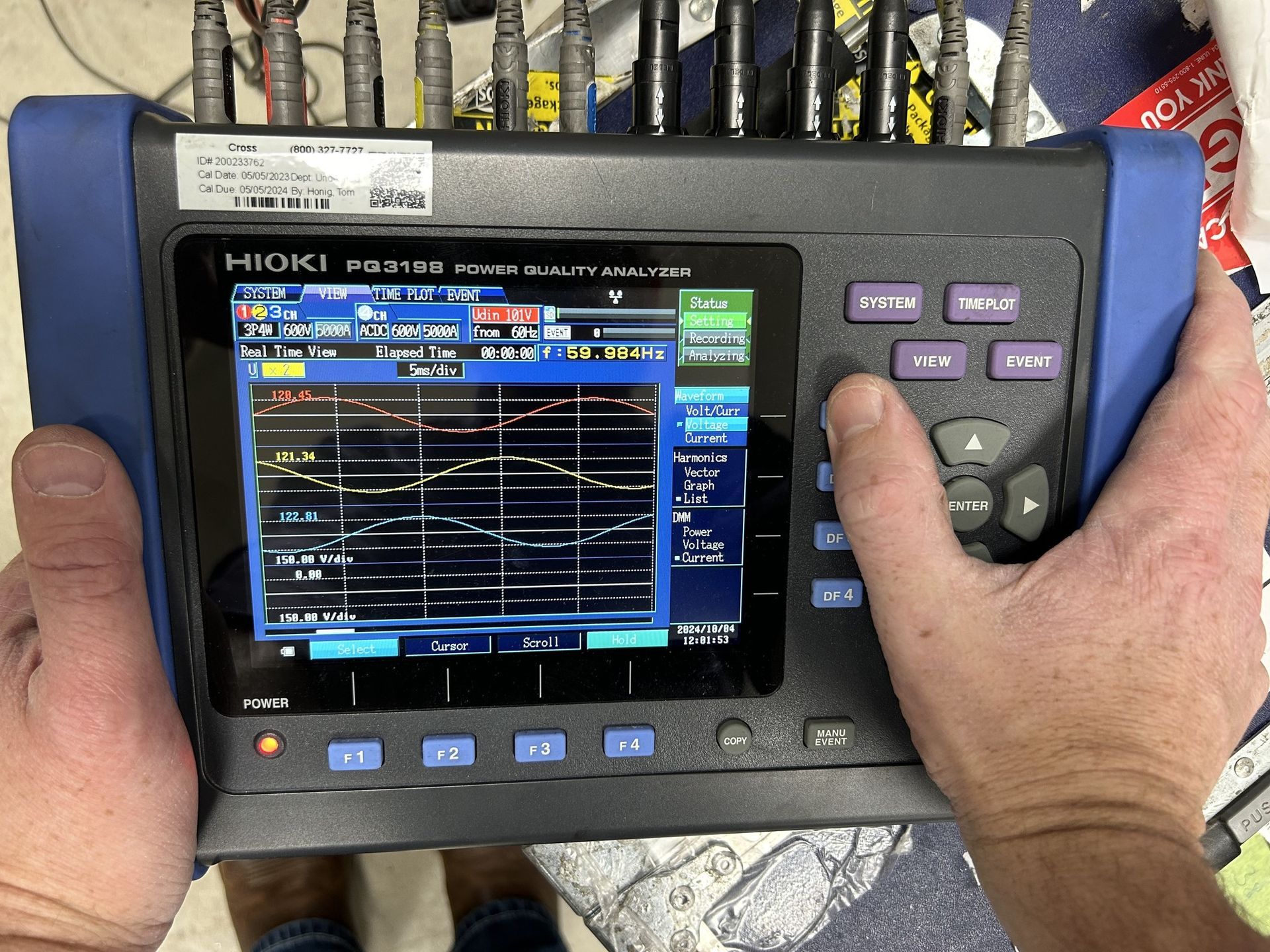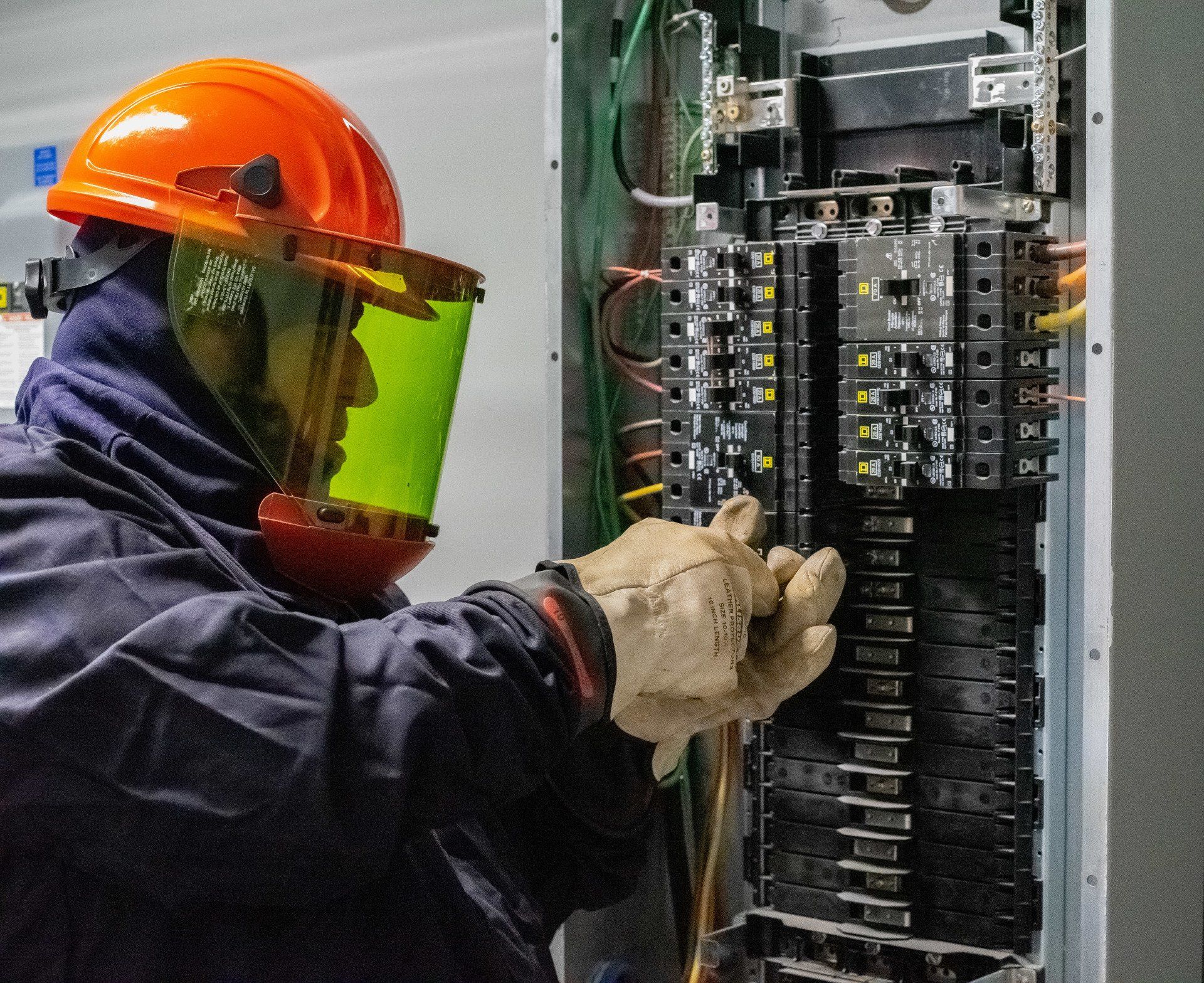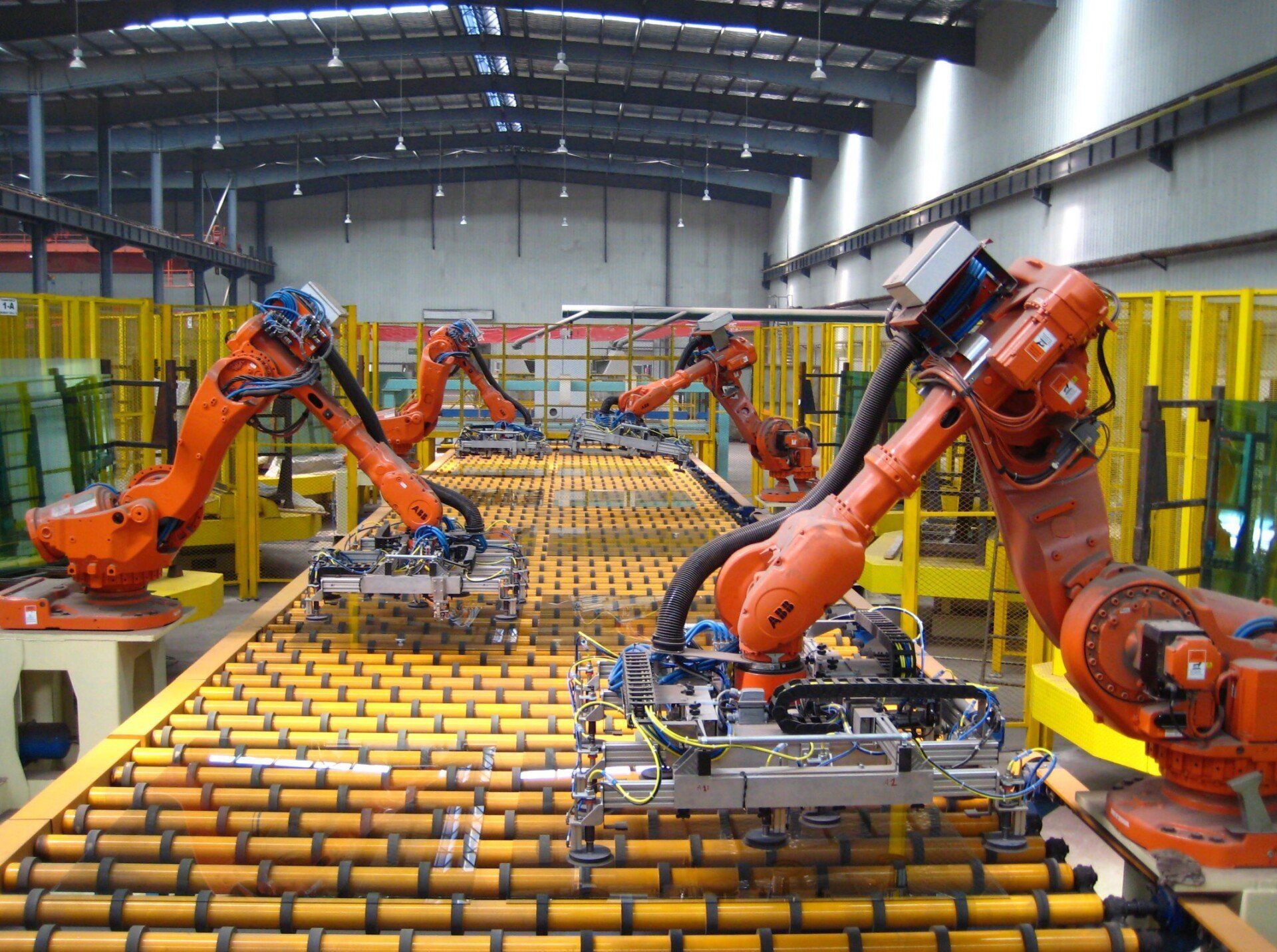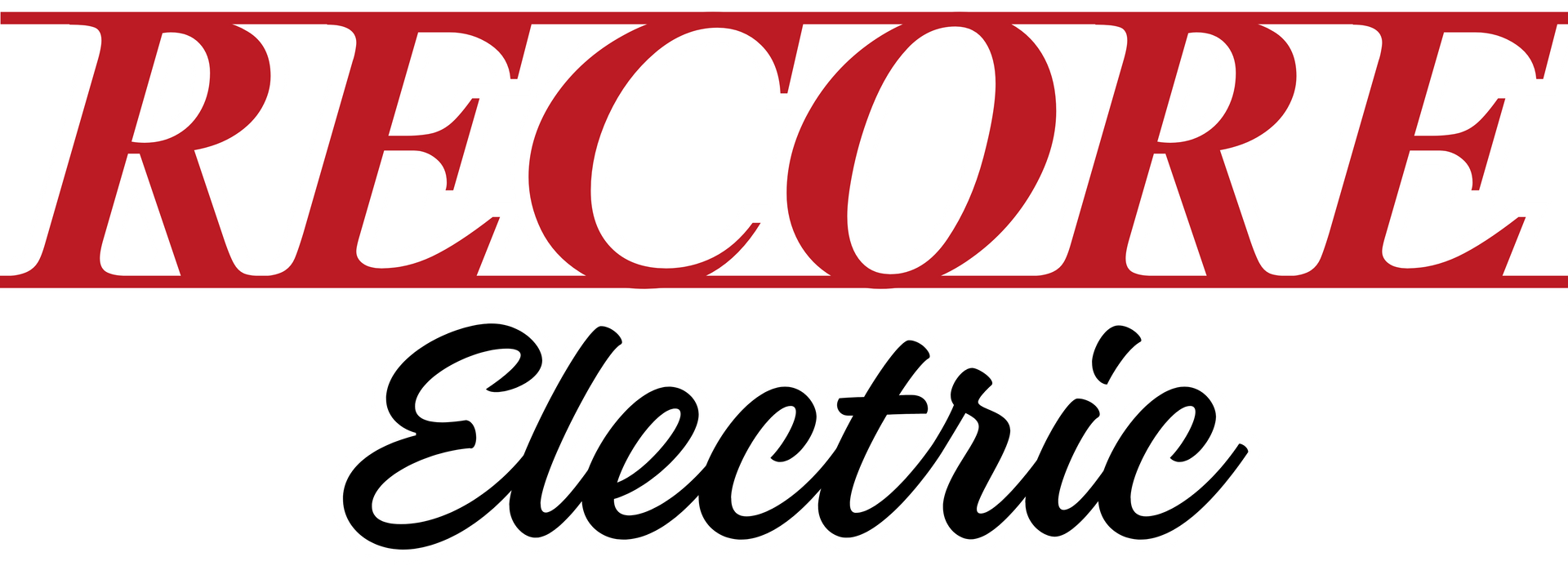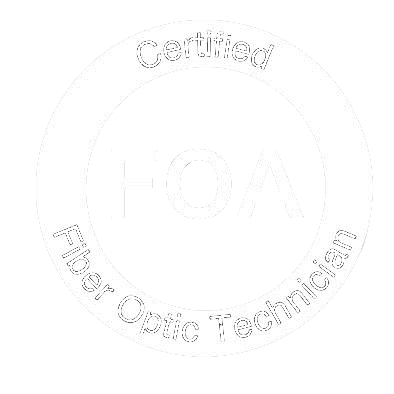Medium Voltage Terminations: In Industrial Electrical Contracting
Medium voltage terminations often don’t receive the attention they deserve. Yet, a poorly installed termination can be the weak link that leads to costly downtime, safety hazards, or equipment failure. Whether powering manufacturing facilities, data centers, or utility infrastructure, proper terminations are the bridge between power distribution cables and the equipment they serve.
This article explores what medium voltage terminations are, why they matter, the challenges contractors face, and the industry standards that guide best practices. For industrial facilities looking to reduce risks and maximize uptime, high-quality terminations are not optional; they’re essential.
What Are Medium Voltage Terminations?
A medium voltage termination is a specialized connection that secures the end of an MV power cable to a piece of electrical equipment, such as a transformer or switchgear, or to another cable. It consists of an insulation system and a connector designed to transfer electricity safely and efficiently by managing electrical stress, preventing moisture and environmental damage, and ensuring a reliable electrical connection.
- Electrical insulation to withstand voltage stress
- Mechanical support for cable ends
- Environmental protection against moisture, contaminants, and dust
- Reliable conductivity to transfer power efficiently
Types of terminations include heat shrink, cold shrink, and pre-molded designs, each with its advantages depending on the installation environment.
Why Medium Voltage Terminations Matter
In industrial environments, electrical infrastructure must be dependable. A single faulty termination can cause:
- Insulation breakdowns leading to arc flash or equipment damage
- Partial discharge that slowly degrades insulation until catastrophic failure occurs
- Moisture ingress, which accelerates corrosion and short circuits
- Costly downtime, halting operations that may cost thousands or millions per day
According to OSHA, electrical hazards remain one of the leading causes of workplace injuries in construction and industry. Proper cable preparation and termination directly reduce risks of electrical faults, arc flashes, and unexpected outages.
Challenges in Medium Voltage Termination Installation
Industrial electrical contractors face several technical challenges when working with MV terminations:
1. Cable Preparation
Terminations require precise stripping, cleaning, and application of stress-control layers. Even microscopic scoring on insulation can lead to early failure. Proper training and tooling are non-negotiable.
2. Environmental Conditions
Factories, chemical plants, and outdoor substations expose terminations to dust, moisture, and temperature swings. Using the right termination kits and sealants ensures long-term reliability.
3. Compatibility Issues
Different cable types, shielded, unshielded, or concentric neutral, require specific termination kits. A mismatch can compromise both performance and safety.
4. Testing and Verification
NETA standards emphasize field testing to confirm insulation resistance and detect partial discharges. Contractors must integrate testing into commissioning workflows.
Terminations in Manufacturing and Food & Beverage Facilities
Medium voltage systems are the backbone of modern facilities, supplying the power that keeps operations running efficiently. In both manufacturing plants and food & beverage facilities, reliable terminations are mission-critical.
Manufacturing Facilities
Production lines rely on large motors, pumps, conveyors, and robotic systems, all of which demand uninterrupted medium voltage supply. Terminations connect cables to motor control centers (MCCs), switchgear, and transformers, ensuring high performance under continuous, heavy-duty operation. A single failed termination can bring an entire line to a halt, creating costly downtime and lost production.
Food & Beverage Facilities
In food processing and packaging environments, electrical reliability is closely tied to safety and compliance. Equipment such as refrigeration systems, mixers, pumps, and sterilization units depends on medium voltage distribution. Terminations here must not only provide electrical integrity but also resist moisture, cleaning chemicals, and washdown procedures that are common in sanitary environments. Properly installed and sealed terminations reduce the risk of contamination-related shutdowns while supporting 24/7 operations.
By tailoring termination methods to these industries, contractors help ensure uptime, protect sensitive processes, and safeguard product quality. Recore’s expertise allows us to match the correct termination type, heat shrink, cold shrink, or pre-molded, to the specific demands of manufacturing and food & beverage environments.
Medium Voltage Termination Methods
Heat Shrink Terminations
- Widely used due to their versatility and compact size
- Require a heat source for installation (torch or hot air gun)
- Provide excellent sealing against moisture and contaminants
Cold Shrink Terminations
- Pre-expanded tubes that contract onto the cable when the inner core is removed
- Faster and safer to install (no open flame required)
- Ideal for hazardous or space-constrained environments
Pre-Molded Terminations
- Factory-engineered for specific cable sizes
- Offer consistent quality but may be more costly
- Reduce reliance on field craftsmanship
Industry Standards and Compliance
High-quality terminations are not just a matter of good practice, they’re required by code and industry standards.
- OSHA (Occupational Safety and Health Administration): Emphasizes safe work practices and training when working on or near energized equipment, including cable terminations .
- NETA ATS (Acceptance Testing Specifications): Provides detailed testing requirements for medium voltage cable systems, including terminations, to validate performance before energization .
- IEEE 48: Defines standard requirements for medium voltage cable terminations, including electrical, mechanical, and environmental performance.
- NFPA 70 (National Electrical Code): Outlines general wiring and installation standards applicable to MV systems.
By aligning with these standards, contractors not only meet compliance but also build trust with clients through proven reliability.
Best Practices for Industrial Electrical Contractors
To deliver reliable medium voltage terminations, industrial electrical contractors should:
- Invest in Training
Technicians must be skilled in termination methods, cable preparation, and stress cone application. Regular certification keeps teams aligned with current standards. - Follow Manufacturer Instructions
Termination kits come with detailed installation guides. Deviating from these steps introduces risk. - Integrate Testing Into Commissioning
Conduct insulation resistance testing, withstand tests, and partial discharge monitoring. Early detection of defects prevents future failures. - Document Every Step
Industrial projects demand accountability. Proper documentation of termination installation, testing, and inspection demonstrates compliance and protects against liability. - Plan for Environmental Protection
Use sealing systems and enclosures appropriate for the operating environment, whether that’s a climate-controlled facility or an outdoor substation.
The Cost of Getting It Wrong
The consequences of improper MV terminations can be severe:
- Safety Hazards: Workers are exposed to arc flash risks and potential electrocution.
- Financial Loss: A failed termination in a petrochemical plant or manufacturing line can halt production and trigger millions in losses.
- Reputation Damage: Industrial clients expect reliability. Contractors who cut corners jeopardize long-term relationships.
A strong commitment to proper terminations is not just a technical requirement, it’s a business strategy.
How Recore Adds Value
At Recore, we understand that medium voltage terminations are the lifeline of industrial electrical systems. Our teams are trained to handle complex installations in demanding environments. By combining:
- Skilled technicians
- Rigorous adherence to OSHA and NETA standards
- Comprehensive testing and documentation
- Experience across industrial sectors
We provide clients with confidence that their electrical infrastructure is safe, reliable, and built to last.
Conclusion
In industrial electrical contracting, success depends on reliability. Medium voltage terminations may be small components, but they carry enormous responsibility. By following best practices, adhering to OSHA and NETA standards, and committing to quality installation, contractors can protect workers, prevent downtime, and deliver long-term value.
